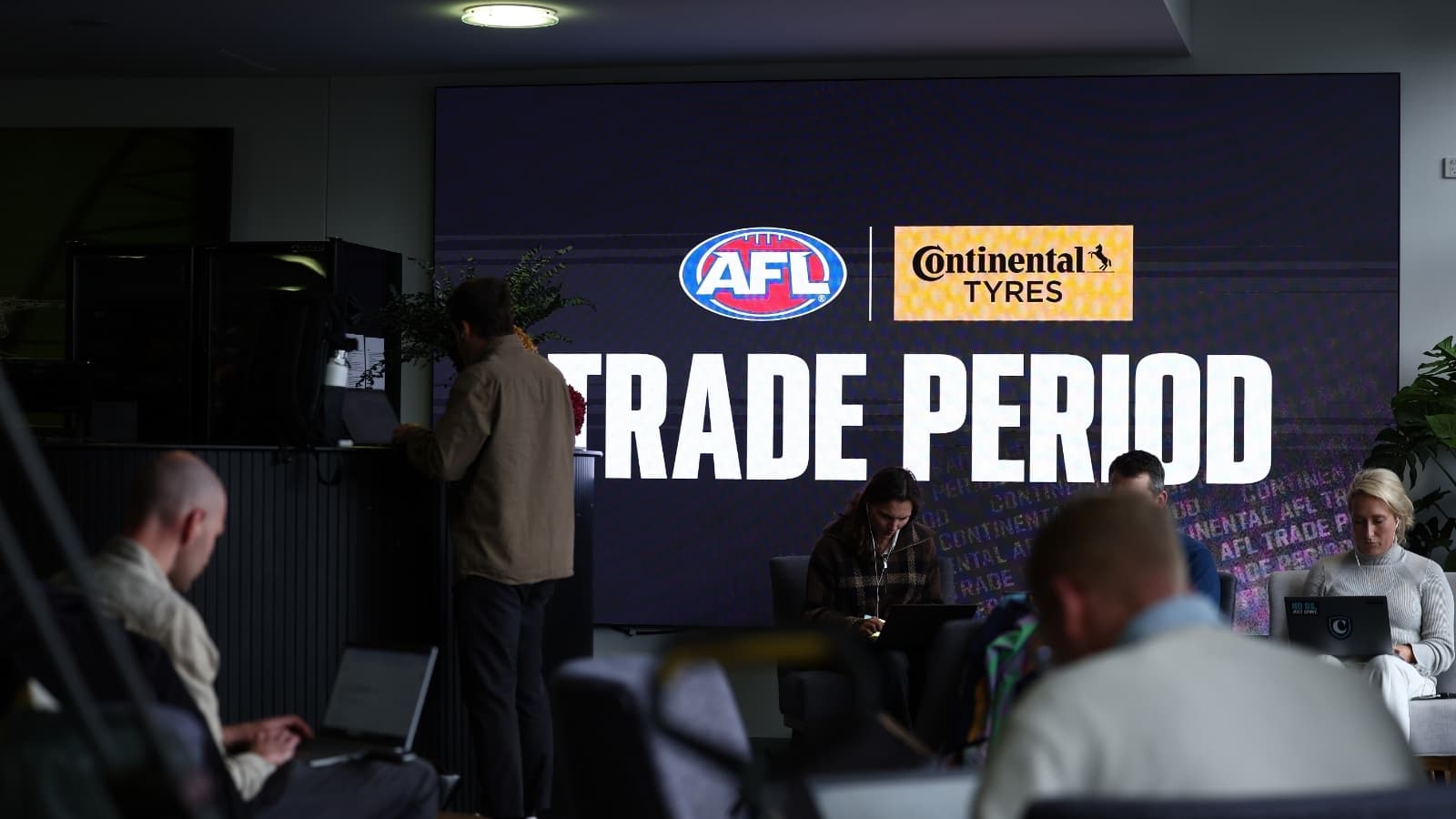Scouting Reports, Player Rumours and AFL Trade Week: How to Browse Safely While Chasing Leaks
SENZ • November 20th, 2025 3:13 pm

This content is provided by a third party.
AFL Trade Week might only officially run for a short window each October, but every diehard footy fan knows the real action starts long before the phones of club list managers light up. The rumours begin quietly—someone’s mate saw a player having coffee on Lygon Street with a recruiter, a fringe midfielder suddenly wipes a club from his Instagram bio, or a journalist tweets a cryptic emoji that sends the entire footy community into meltdown.
And in that rush for information, fans turn into amateur detectives: refreshing social feeds, browsing forums, checking radio leaks, and trawling through news updates from every device they own. It’s part of the AFL spectacle now—Trade Period culture is its own sport. But in the excitement of chasing whispers, screenshots, and “sauces,” most supporters overlook an increasingly important part of the game: staying safe online.
As Trade Week hype intensifies, so does the amount of personal data quietly moving through our devices. You log into fan forums on your phone, check contract rumours on your tablet, stream analysis videos from your laptop, and debate potential trades in group chats. Without realising it, you’re sending bits of your identity—location markers, device details, browsing habits—across networks that may not be secure. And for AFL fans who love digging for inside info, that exposure can become a problem.
Why Trade Week Makes Fans More Vulnerable Online
Trade Week is frantic. Fans jump between AFL apps, radio streams, Twitter/X, Reddit, Facebook groups, and fan-run rumour boards, clicking on anything that might offer a scrap of insight. That’s exactly when people tend to forget about safe browsing practices.
Public Wi-Fi at a café? Sure, you’ll quickly check the latest talk about that key forward heading interstate.
Random link posted in a forum by an anonymous account? Of course, you’ll click—it might be a leaked contract figure or a journalist’s unedited notes.
Between the rush, the excitement, and the obsession with being “first to know,” fans unintentionally expose themselves to risks: tracking scripts, unsecured networks, copycat news sites, and data-harvesting pages disguised as footy blogs.
The truth is simple: when Trade Week rolls around, fans browse faster and think slower.
Why Your Device Identity Matters
Whenever you connect online, your device gives off more information than most people realise. Websites and apps collect your IP address, which reveals your general location. They track your device type, operating system, browsing patterns, and sometimes even your ISP. That data can be used to build marketing profiles, push targeted ads, or monitor behaviour across platforms.
For most everyday browsing, that’s an annoyance. But when you’re diving into rumours, leaks, and sites outside the big media organisations, the risk increases. You don’t always know who runs these smaller pages or what they’re collecting. And because Trade Week sends traffic surging, some malicious actors see it as a perfect opportunity to slip in fraudulent sites or data-capture pages disguised as news outlets.
This is why millions of people worldwide have shifted to using protective browsing tools—not because they’re doing anything wrong, but because they want control over their digital footprint.
Midfield Reinforcement for Your Online Safety
Some footy fans think cybersecurity is complicated or only needed for people downloading movies illegally. That’s outdated thinking. The modern web is built around tracking, and even legitimate sites gather far more data than most users expect.
That’s why a strong move here is to activate a free protective layer, such as the one offered by Planet Free VPN, which gives your device a secure path for online activity. This approach encrypts your browsing traffic, masks your IP address, and gives you a neutral, anonymous digital identity—ideal for the chaotic browsing habits of Trade Week.
When your connection is encrypted, the data you send and receive becomes much harder to read or intercept. Your location becomes harder to determine. And you’re no longer handing over your digital identity every time you search “Has Rankine really asked for a trade?” or scroll through a thread about a potential blockbuster deal.
Smart Trade Week Habits for Footy Fans
Cyber-protection doesn’t mean browsing in fear. It means browsing with awareness—just like clubs use data analytics, list strategy, and scouting networks to make smarter decisions, fans can use better tools and habits to stay safe.
Here’s what every AFL supporter should do during Trade Period:
- Avoid clicking rumour links from accounts you don’t recognise.
- Use a protective browsing tunnel before checking forums or unofficial news sources.
- Keep your device software updated—old systems are more vulnerable.
- Don’t reuse the same password for footy apps, betting apps, and social accounts.
- Be cautious with public Wi-Fi at pubs, cafés, stadiums, or airports.
- Stick to reputable journalists and outlets when possible.
The Final Siren
AFL Trade Week is one of the most exciting times of the year—a chaotic mix of strategy, gossip, last-minute deals, and shock bombshells. Chasing rumours is part of the fun, but your online safety should never be the part you overlook.
With a little awareness and a simple protective layer on your devices, you can dive into the madness of Trade Period without compromising your digital privacy.
After all, if clubs take secrecy seriously during October, there’s no reason fans shouldn’t, too.

